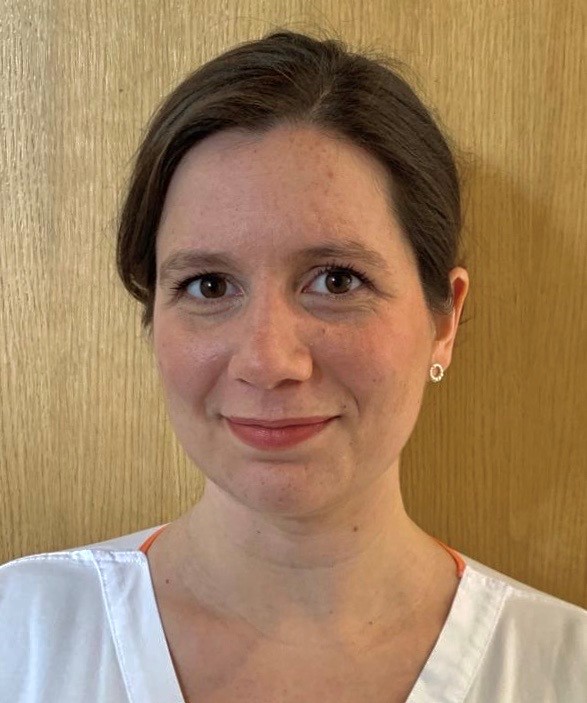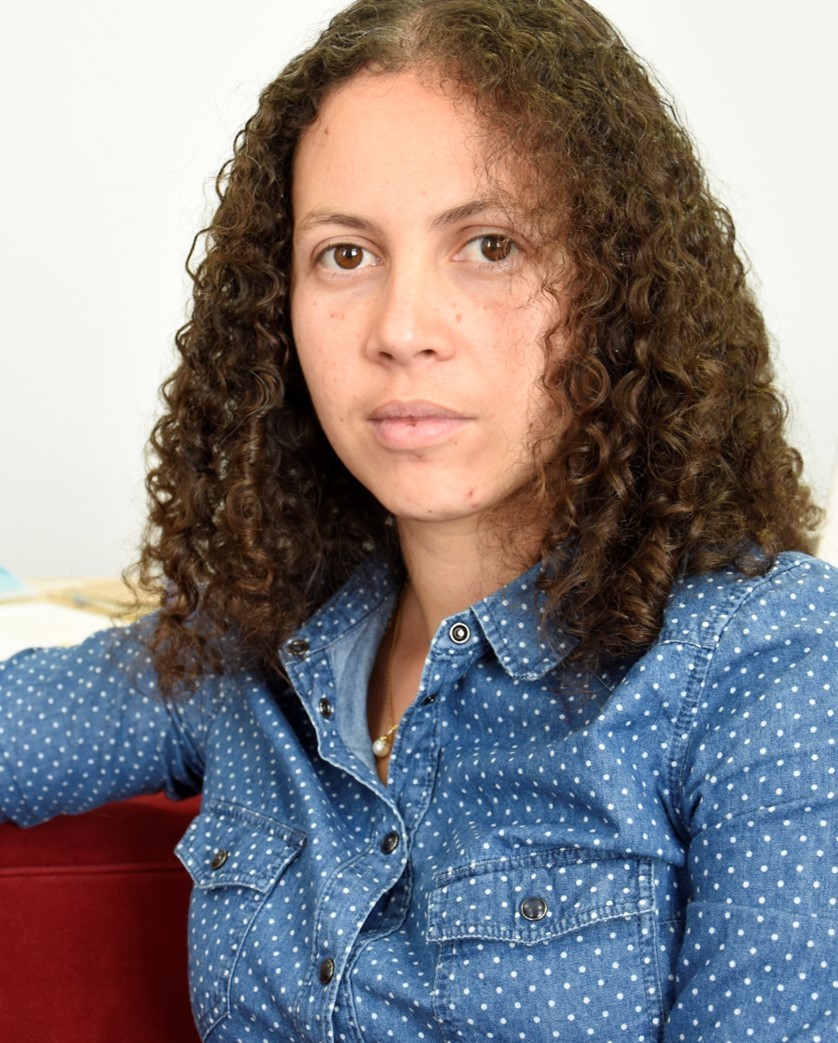UTC+1
60 minutes
Experiences of using simulation within the Strasbourg Dental Programme
The practice of dental care requires the acquisition of many skills and calls as much on theoretical knowledge as on know-how. Teaching such skills thus comes down to developing the acquisition of specific gestures and automatisms specific to it. The ability of the students to carry out clinical procedures competently and independently must be adequately assessed prior to their graduation It is in this context that health simulation, an active and innovative teaching method, has become essential in medical fields. In recent years, the dental Faculty of Strasbourg has used several forms of training implemented with simulation to improve the training of dental students, whether through an escape game or through the use of high-fidelity jaw models.
In this session two colleagues from the Faculty of Dentistry at the University of Strasbourg, Dr Marion Strub, Associate Professor Paediatric Dentistry and Dr Catherine Petit, Associate Professor Periodontology, share some of the experiences of Strasbourg with simulation in dental education. In particular they explore two perspectives:
Educational escape games come under active pedagogy approaches, combining game and simulation. It is a collaborative game in which students are "locked" in rooms they can only get out of after solving puzzles relating to dentistry. The goal is to mobilize professional skills in a fun environment. In 2020, the dental faculty of Strasbourg developed an escape game for 6th year students. Several dental disciplines were used as game topics, such as paediatric dentistry, prosthesis, orthodontics, radiology, oral pathology. The purpose was to evaluate the effectiveness of this educational tool aimed at cultivating team spirit and group cohesion in dentistry students. The second objective was to assess the level of satisfaction of participants. Self-administered questionnaires have been completed by each participant immediately after the game. The results concluded that escape games in dental schools foster a supportive learning environment and stimulated students' motivation and group cohesion.
Health simulators allow the dental student to learn to reproduce in a most realistic and faithful way the expected clinical behaviors. The simulator must be as close as possible to the anatomy and dental office environment to ensure better learning. In 2021, the periodontology department acquired a new denture simulation model designed for comprehensive periodontal surgery training, but also allows all type of periodontal treatment practice including scaling and root planing. We conducted a study on the use of these high-fidelity jaw models for the learning of periodontal surgery and suturing techniques by 5th year students. This study aimed to evaluate the learning effects of this jaw models, to a periodontal surgery simulation training course for preclinical dental students. The secondary objective was to determine if several practical sessions are necessary to ensure the learning of basic surgery and sutures methods. At the end of each training session, we assessed the participant’s surgical technique using the following items: task time, right–left balance of continuous sutures, suture spacing between the ligatures, thickness of harvested gingival graft, number of ligature failures, and comparison of improvements according to assessment point. At the end of the study, undergraduates were asked to provide anonymous feedback using a five-point Likert scale and a few open-ended questions.
| 14:00 | Welcome by session chair |
| 14:05 | Presentation One: Escape Games The Experiences of Strasbourg |
| 14:25 | Presentation Two: Simulation High Fidelity Jaw Model |
| 14:45 | Discussion and Questions and Answer session |
| 15:00 | Session Closing remarks |
Participation in this session enables delegates:
- Gain insight into the use of gaming and escape games in dental eductaion
- Appreciate the central role played by health simulaton in dental training
- Critically engage with the work of international colleagues to advance your own insights and understandings
Not applicable for this session.






